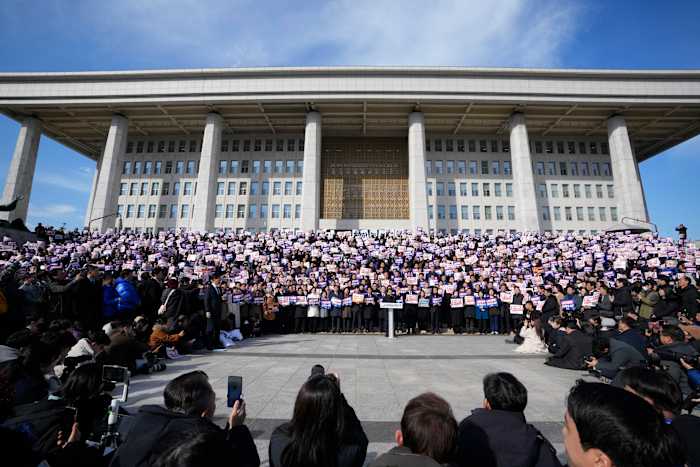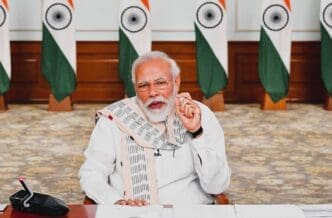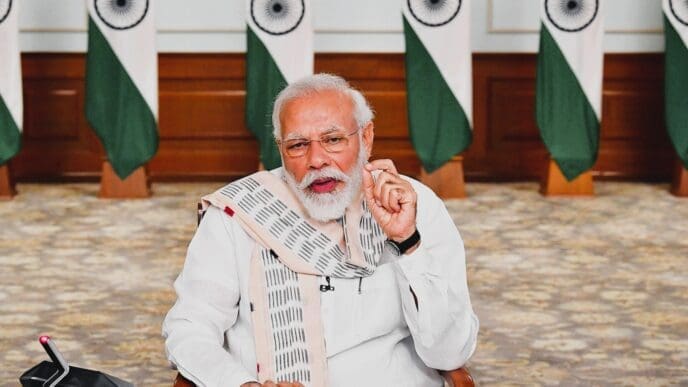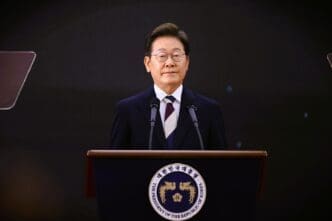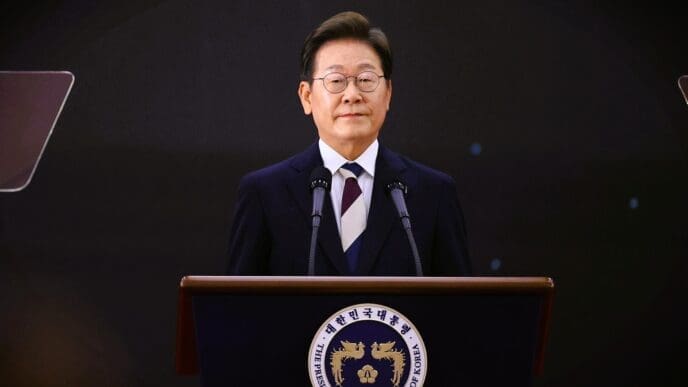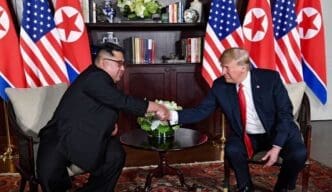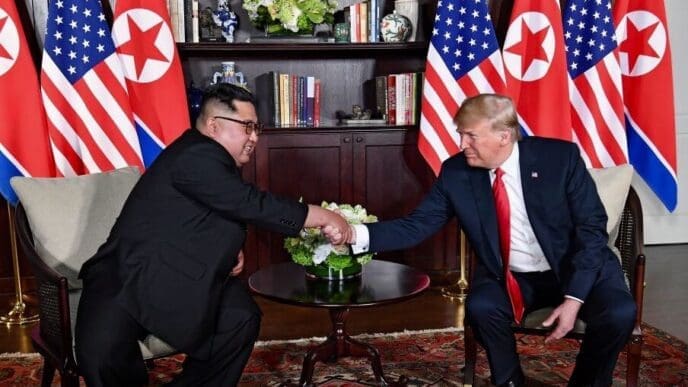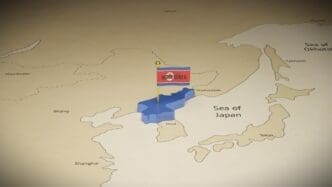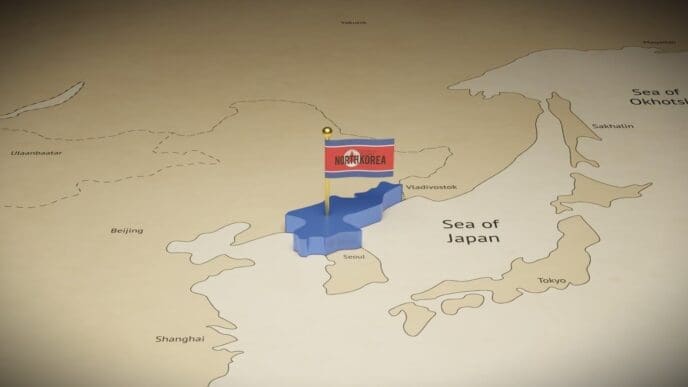In a crucial moment for democracy in South Korea, a six-hour imposition of martial law by President Yoon Suk Yeol was met with unified civic and legislative action that successfully preserved democratic governance.
In Seoul, President Yoon Suk Yeol’s sudden martial law decree threatened the foundation of the country’s democracy. The president’s attempt to stifle opposition and control the media was met with a formidable response from both legislators and the public. Members of the National Assembly, motivated by a commitment to democratic values, quickly organized to vote against the decree.
The swift legislative action involved legislators climbing fences to access the National Assembly and live-streaming their journey to garner public support. This dramatic series of events showcased the strength of South Korea’s democratic institutions, where 190 lawmakers voted to overturn the martial law decree within hours of its announcement.
The public’s reaction was equally significant. Thousands gathered at the National Assembly, chanting for the cessation of martial rule and calling for Yoon’s resignation. The collective civic and legislative action demonstrated the critical role of public opinion in supporting democracy and resisting authoritarian impulses.
The episode reflects broader global concerns about democratic fragility and the increasing prevalence of ‘self-coups,’ where leaders seek to consolidate power independently. President Yoon’s failure underscores the challenges of such attempts in a functioning democracy, where legislative checks and balances and public sentiment play crucial roles.
Observations from analysts highlight the significance of these events in South Korea, drawing parallels with global instances of similar power grabs. Notably, this event underscores the importance of maintaining vigilant democratic processes and the dangers of executive overreach in polarized political environments.
Despite the failure of an initial impeachment motion against Yoon, the opposition has vowed continued efforts to address the constitutional violations associated with the martial law attempt. This resilience emphasizes the ongoing political turmoil and the determination to uphold democratic principles in the country.
The narrative of President Yoon’s actions also resonates with international examples, including concerns in the United States about shifts towards authoritarianism. These global reflections underscore common threats to democracy and the need for robust institutional frameworks to resist autocratic tendencies.
South Korea’s response to a potential shift towards authoritarian rule highlights the essential role of democratic vigilance and public engagement. The decisive actions of both legislators and civilians underline the resilience and strength of democratic institutions in the face of challenges.

